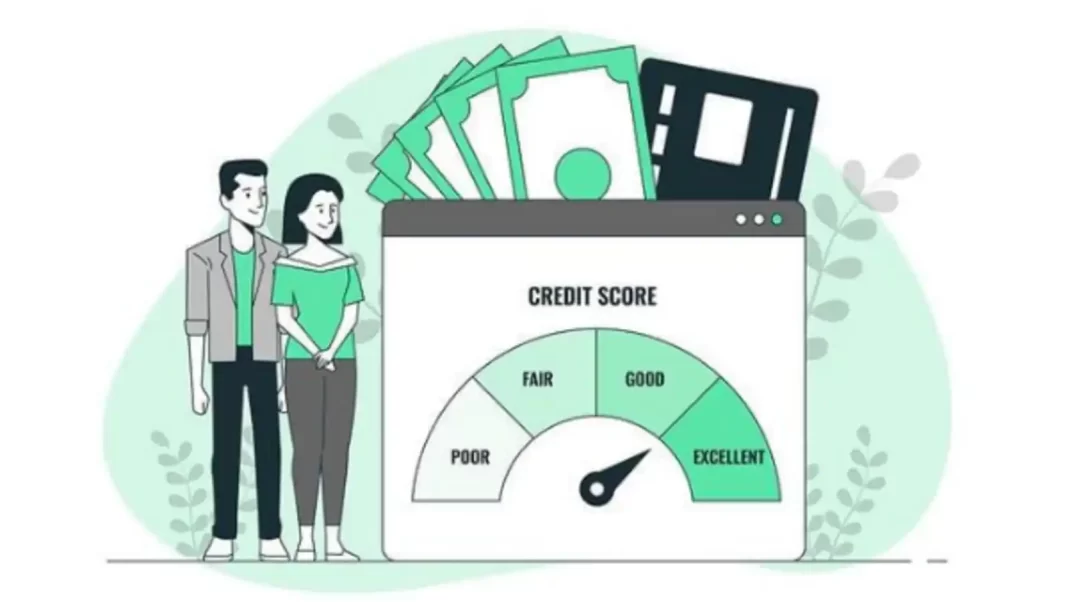A credit score is a crucial financial tool that helps lenders determine an individual’s creditworthiness. It is a numerical representation of a borrower’s credit history, which provides insight into their past borrowing behaviour. In India, the Credit Information Bureau (India) Limited, or CIBIL, is the leading credit information company that maintains records of individuals’ credit behaviour and produces a credit score called the CIBIL Score. Let us discuss the meaning, history, and ranges of the CIBIL Score.
CIBIL Score Meaning
The CIBIL Score meaning refers to a three-digit number ranging from 300 to 900, which reflects an individual’s creditworthiness based on their credit history. The higher the score, the better the creditworthiness of an individual. The score is calculated based on an individual’s credit history, which includes credit cards, loans, and other forms of credit. CIBIL collects data from various financial institutions and banks to evaluate an individual’s credit behaviour, such as their payment history, outstanding debts, credit utilization, and other factors. The score indicates the probability of a borrower defaulting on a loan, with a higher score indicating a lower risk of default.
History of CIBIL Score
CIBIL was established in 2000 as India’s first credit information company. Initially, it focused on collecting credit information from banks and other financial institutions to help them evaluate loan applications. In 2004, CIBIL introduced the CIBIL Score, which became a standard credit score used by banks and financial institutions to assess an individual’s creditworthiness. Since then, CIBIL has expanded its operations and services, including providing free credit reports and scores to individuals.
Ranges of CIBIL Score
The CIBIL Score ranges from 300 to 900, with different credit score ranges indicating different creditworthiness levels. Here are the different ranges and what they indicate:
300-599: Poor Credit Score – Individuals with scores in this range are likely to have a hard time getting approved for credit or loans. They may also face higher interest rates and stricter terms and conditions. It is important for individuals with poor credit scores to work on improving their credit behaviour by paying off their debts, making timely payments, and maintaining a low credit utilization ratio.
600-749: Fair Credit Score – Individuals with scores in this range are considered to have a fair credit history. They may be approved for credit and loans, but they may face higher interest rates and less favourable terms and conditions compared to those with higher scores. It is advisable for individuals with fair credit scores to work on improving their credit behaviour to increase their chances of getting better rates and terms.
750-900: Good Credit Score – Individuals with scores in this range are considered to have a good credit history. They are likely to get approved for credit and loans easily and may receive favourable interest rates and terms. It is important to maintain a good credit score by making timely payments, keeping credit utilization low, and avoiding defaults.
Free CIBIL Score Online
In India, individuals can obtain their CIBIL Score and credit report online for free. CIBIL provides one free credit report and score annually to individuals who register on their website. To obtain the free CIBIL Score online, individuals need to provide personal and financial information, including their name, date of birth, PAN number, and contact details. Once verified, individuals can view their credit reports and score online.
In addition to CIBIL, there are other credit bureaus in India, including Equifax, Experian, and CRIF High Mark, that provide credit reports and scores. It is advisable to check credit reports from all credit bureaus to ensure that the information is accurate and up-to-date.
The CIBIL Score is a crucial tool for individuals seeking credit as it helps lenders evaluate their creditworthiness. The higher the score, the more likely an individual is to get approved for credit and loans with better terms and conditions. Therefore, it is essential for individuals to maintain a good credit score by making timely payments, keeping credit utilization low, and avoiding defaults.
In addition to maintaining a good credit score, it is also advisable for individuals to check their credit reports regularly. The credit report contains information about an individual’s credit history, including their credit accounts, payment history, and credit inquiries. It is important to ensure that the information in the credit report is accurate and up-to-date. If there are any errors or discrepancies, individuals should report them to the credit bureau and get them corrected.
Overall, the CIBIL Score is an important financial tool that can have a significant impact on an individual’s financial future. By maintaining a good credit score and regularly checking their credit report, individuals can improve their chances of getting approved for credit and loans with better terms and conditions. Additionally, obtaining a free CIBIL Score online is easy and convenient, and it can provide individuals with valuable insights into their credit history and behaviour.



